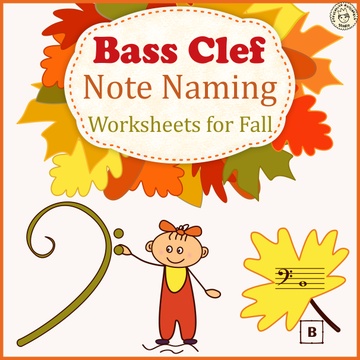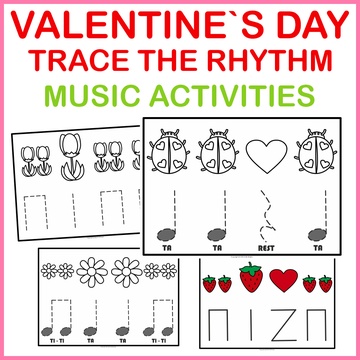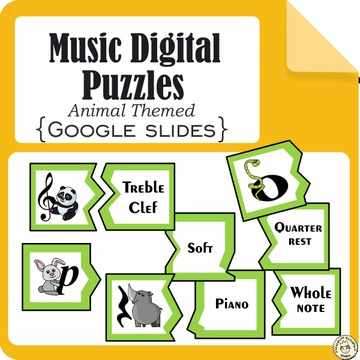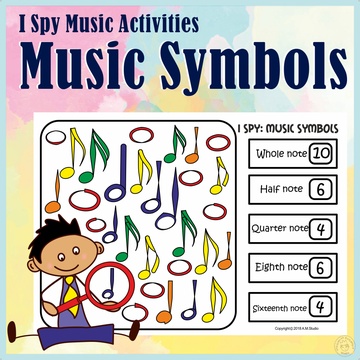The Significance of Animal Sounds Music Games in Kindergarten Music Lessons
July 16, 2023
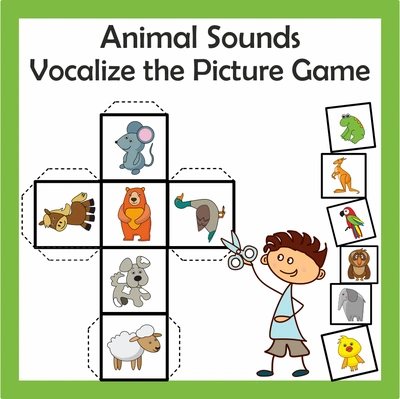
Kindergarten is a pivotal stage in a child's development, where their imagination and curiosity thrive. Integrating music games that incorporate animal sounds into kindergarten music lessons not only creates a playful and captivating learning environment but also offers a host of benefits for their holistic growth. In this article, we explore the importance of using animal sounds music games in kindergarten music lessons and how they stimulate children's senses while fostering musical and cognitive development.
Multi-Sensory Learning Experience:
Animal sounds music games engage multiple senses, creating a rich and immersive learning experience for children. By incorporating auditory, visual, and kinesthetic elements, these games activate various sensory pathways, enhancing children's ability to perceive, process, and retain information effectively.
Vocabulary and Language Development:
Animal sounds music games serve as a valuable tool for language development. As children imitate and vocalize animal sounds, they learn new vocabulary words and improve their pronunciation skills. These games also provide opportunities for storytelling and creative expression, helping children expand their language repertoire and develop communication skills.
Musical Skill Enhancement:
Animal sounds music games lay the foundation for musical skill development. Through imitating animal sounds, children learn to listen carefully and reproduce various tones, pitches, and rhythms. This helps sharpen their auditory discrimination, vocalization abilities, and overall musicality.
Cognitive Development:
Animal sounds music games stimulate cognitive abilities in kindergarteners. By associating specific sounds with corresponding animals, children enhance their memory and cognitive recall. These games also encourage pattern recognition, sequencing skills, and problem-solving abilities as they identify and reproduce the correct animal sounds.
Creativity and Self-Expression:
Animal sounds music games provide a platform for creative exploration and self-expression. Children can experiment with different vocal techniques, invent their own animal sounds, and even incorporate gestures and movements to mimic the animals. This freedom allows them to unleash their creativity, boost self-confidence, and develop a unique musical identity.
Social and Emotional Skills:
Engaging in animal sounds music games promotes social interaction and emotional development. Whether collaborating in a group performance or taking turns to imitate animal sounds, children learn the value of teamwork, cooperation, and empathy. These games also provide an outlet for self-expression, helping children express their emotions and develop emotional intelligence.
Incorporating animal sounds music games into kindergarten music lessons adds an exciting and multisensory dimension to the learning experience. By stimulating children's senses, these games enhance language development, foster musical skills, and promote cognitive, social, and emotional growth. As educators, we have the opportunity to harness the power of animal sounds to captivate young minds, nurture their love for music, and facilitate a holistic learning journey. Let us embrace the magic of animal sounds music games and create a dynamic and enriching musical environment that sparks joy, creativity, and a lifelong appreciation for music.

